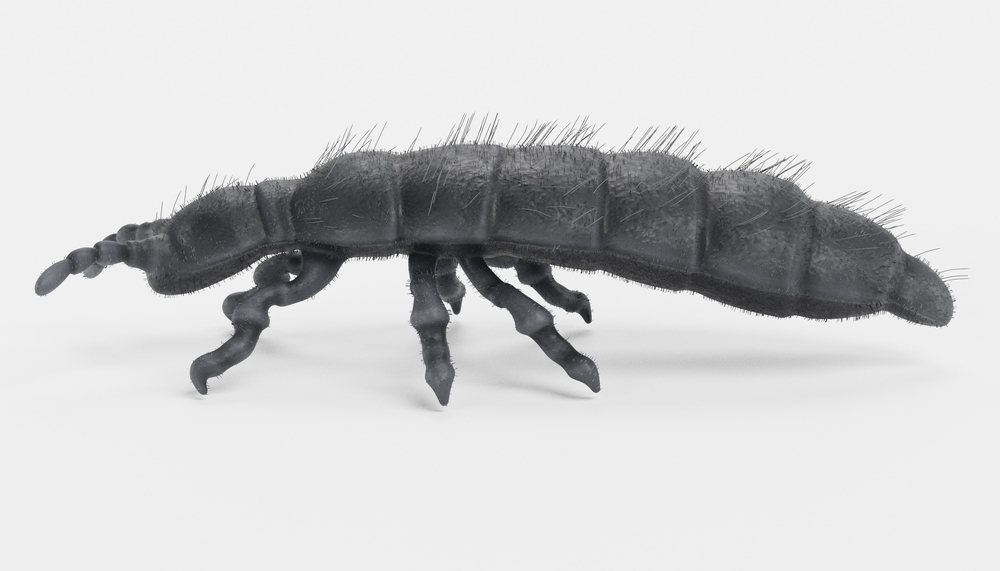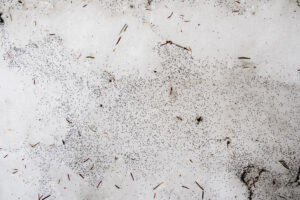
Snow Fleas: Winter’s Active Hexapod And Their Unique Antifreeze Protein
Have you ever noticed tiny black specks on the snow near the bases of trees on warmer winter days when the snow is melting? If so, you have met an extraordinary little creature called the Snow Flea. Though they have the word flea in their name, they are actually a type of springtail, only getting the name based on their ability to jump from place to place. Springtails are not considered insects but are categorized as non-insect hexapods due to being wingless and having internal mouthparts. Springtails, averaging 1/16th of an inch in size, are essential for our ecosystems because they break down organic matter and bacteria, enriching the soil. Yes, there are many other soil-enriching critters out there, but what makes Snow Fleas stand out from the rest is that they break down organic matter year-round, even in frigid temperatures. Snow Fleas can survive the winter months because they have a specialized protein in their bodies that is high in glycine and amino acid that binds to ice crystals and stunts their growth, similar to how antifreeze works! This unique antifreeze protein has caught the attention of scientists, and the possibilities of using this protein are mind-blowing!

According to researchers in the Department of Biochemistry at Queens University in Ontario, Canada, we could use this antifreeze protein (AFP) to store organs for transplantation for a longer period at colder temperatures. This same university also identified AFPs in beetles and moths; however, the Snow Flea’s AFP has a unique factor that outshines the rest. The AFPs of Snow Fleas break down at warmer temperatures so that harmful antibodies are pretty much non-existent when the organ is transplanted. Although there is still work to do until scientists have mastered replicating the Snow Flea’s AFP and successfully using it for organ transplant, the success of this research will put the Snow Flea on quite the pedestal!
Besides having the potential to store organs for transplantation, other researchers are trying to find a way to use the Snow Flea’s AFP to store frozen food for a longer period without getting freezer burned. By replicating the Snow Flea’s AFP, researchers believe they can add this AFP to frozen foods, allowing the food to taste better for longer. Researchers also believe we can take the Snow Flea’s AFP to increase a plant’s resistance to frost! Now that we have seen how essential snow fleas are to the environment and research, be sure to give them a shout-out the next time you see them for being such a cool organism!